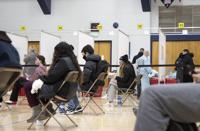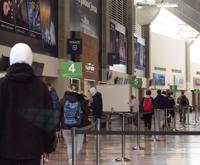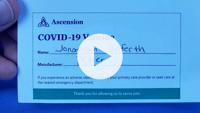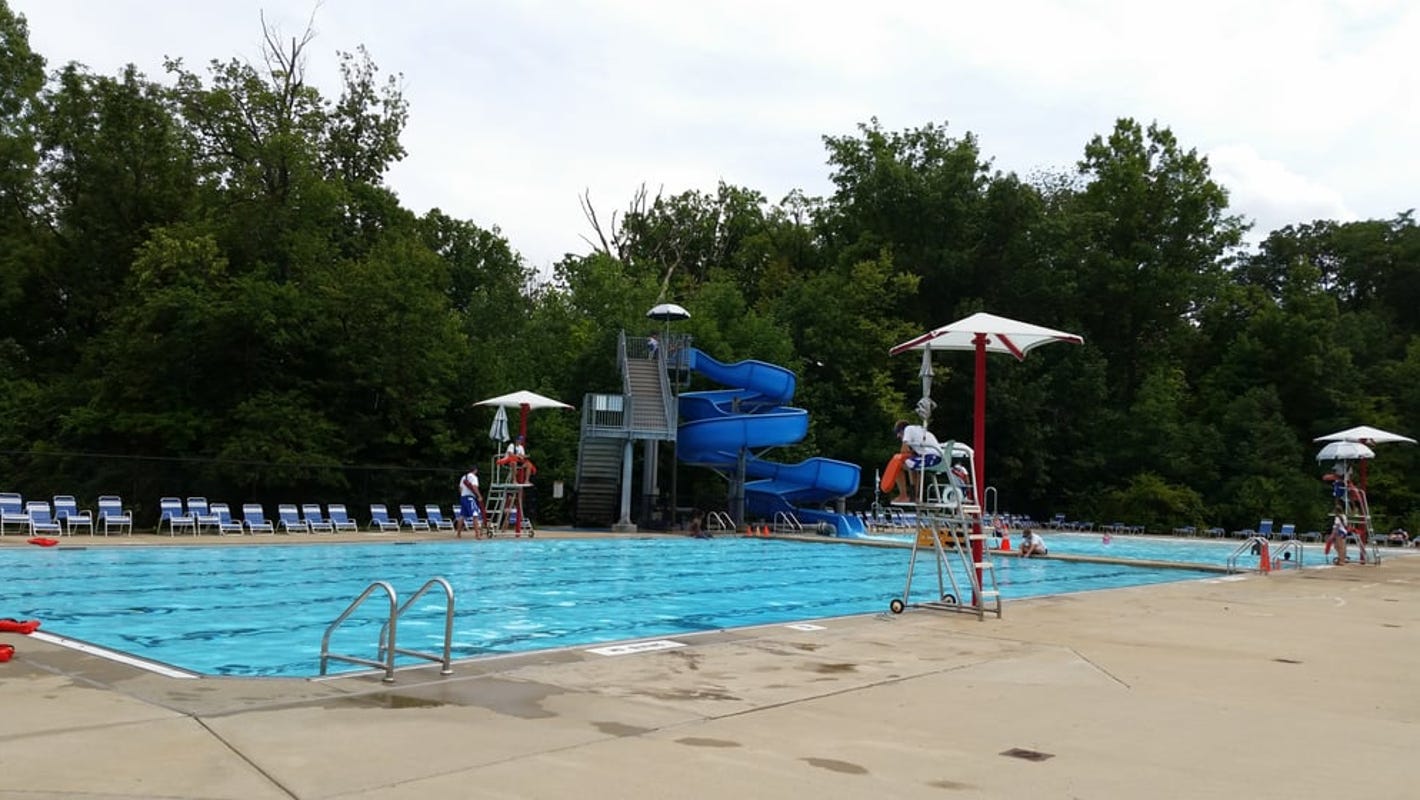In March 2020, students’ and teachers’ lives around the world were suddenly impacted in a way nobody could have foreseen.
Approximately one year ago, students were sent home from Penn State for two weeks, which would later turn into the remainder of the spring semester.
With the onset of the coronavirus pandemic, education has become reliant on online platforms, and this has proven difficult for teachers and students alike.
Some students returned in the fall with a majority of online classes and came back again late this spring for another semester that is mostly online.
The structure of student Eva Blankenhorn’s classes were severely affected with the switch to Zoom learning.
“I was in the midst of an immersive semester when [coronavirus] hit,” Blankenhorn (senior-recreation, park and tourism management) said. “We did a lot of in-person, super participation-based classes.”
Blankenhorn was participating in a Student Engagement & Experimental Discovery semester at Shaver’s Creek Environmental Center when the coronavirus hit. According to Blankenhorn, this involved having classes outdoors every day, participating in the preparation of a festival held by the center and designing nature exhibits for kids at the center.
“The whole half of [the spring 2020] semester we had to try to transition to online, [but] we didn’t have access to materials or the same environments,” Blankenhorn said.
She said it was hard to take a class based on human interaction, and she “lost out on a lot of learning experiences.”

Students sit six-feet apart waiting for emailed coronavirus test results inside the White Building’s mandatory coronavirus testing center on Wednesday, Feb. 17, 2021 in University Park, Pa.
Blankenhorn has no in-person classes right now and has not been on campus this semester.
“Do I feel like Penn State did do some things to mitigate the spread? Yes. Did I feel comfortable and safe to come back to campus? Not really,” Blankenhorn said.
Blankenhorn said she’s “heartbroken” that students right now are paying for University Park tuition, yet taking online classes similar to those of Penn State World Campus.
“A Penn State degree should be a Penn State degree no matter what, but we’re taking very similar classes and paying different tuitions,” Blankenhorn said.
Allison Scheier shared similar frustrations one year after the pandemic began.
Scheier (junior-biobehavioral health) said one of the biggest changes of being in school during the pandemic was making the switch from in-person classes to Zoom.
“You don’t really get much social interaction anymore,” Scheier said.
According to Scheier, some students don’t take schoolwork as seriously during virtual learning.
“I also noticed that students try and make excuses, because they don’t want to do their work — it’s kind of upsetting,” Scheier said.
Scheier said she feels safe around campus during the pandemic because she has received the vaccine, but she feels other students are “irresponsible” with who they spend time with.
“Not a lot of people understand the whole incubation period and testing process,” Scheier said.
Scheier said she had one in-person class in the fall and felt the teacher did a good job spacing students out and keeping everyone safe.
According to Scheier, students in her apartment complex are not monitored as much as she believes they should be.
“Apartment complexes are supposed to be monitoring how many individuals are [at] parties and they’re not… Nobody checks on us and makes sure we’re all wearing masks,” Scheier said.

Students take COVID-19 saliva tests at the Bryce Jordan Center on Thursday, Nov. 19, 2020.
Scheier said she feels for the most part, students aren’t complaining about the lack of supervision, but she believes “[it’s] horrible.”
Professors at Penn State have also had to adapt to new teaching methods over the course of the last year.
Derrick Taff, an assistant professor of recreation, park and tourism management, has been teaching at the university for eight years. This is the first year he has not taught a single in-person class.
Taff said the hardest part about transitioning to an online platform has been the lack of two-way communication with students.
“I really love engaging in the classroom, being in front of the class and engaging with the students face-to-face,” Taff said.
However, he said he feels the switch to online was successful and, despite some initial struggles students had, believes everyone has adapted well.
“I had a learning period for a couple of weeks,” Taff said, adding that one of his classes was Zoom bombed.
Taff said he felt “confident” students have gained learning objectives he’s attempted to deliver despite classes not being as hands-on.
According to Taff, when teaching on an online platform, you are “intimately associated with people’s lives a bit more than normal.”
He said students will see his six-year-old “bursting” into the spare bedroom, hear a dog barking and see his struggles with internet delays when his family is also using the wireless network.
Because of the challenges presented over the past year with online education, Taff said he stays “mindful of different circumstances that students are facing.”
He said he feels time spent outside is important for students’ mental health, and the “importance of recreation-wise leisure use of time” is becoming clearer now.
“Seeking outdoor recreation and other means of leisure opportunities has been proven to be beneficial to mitigate stress,” Taff said.
Although Taff is “hopeful and excited” for fall 2021, he said he thinks this unique educational transition has been “beneficial” for teachers and students.
MORE CORONAVIRUS COVERAGE
Charles Cox, an assistant teaching professor of engineering design, also said he feels some circumstances have been far from ideal.
Cox said he isn’t teaching any in-person classes currently, because he’s on a waitlist to receive the coronavirus vaccine.
According to Cox, the most challenging part of teaching during the pandemic is a lack of interaction and class discussions with students.
“When in a Zoom meeting [and] 30 cameras are turned off, it’s like lecturing to a dresser with all closed drawers,” Cox said.
After the world shifts away from remote learning, Cox said most online instruction might “evaporate.”
Yet, despite the challenges, Cox said he believes there have been “advantages” to gaining familiarity with technology in education throughout the pandemic.
Cox feels students have greater access to classes during snow days and to class material with recorded lectures that they can watch at their own “leisure and convenience,” however, there is “no immediacy with respect to if [students] have a question.”
“I’m happy that we’re still teaching and having courses,” Cox said. “Twenty years ago, this would have been much more difficult.”





